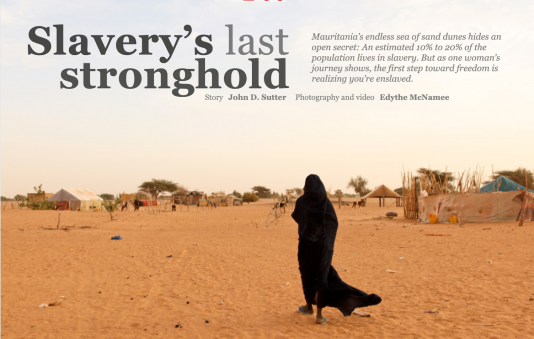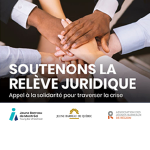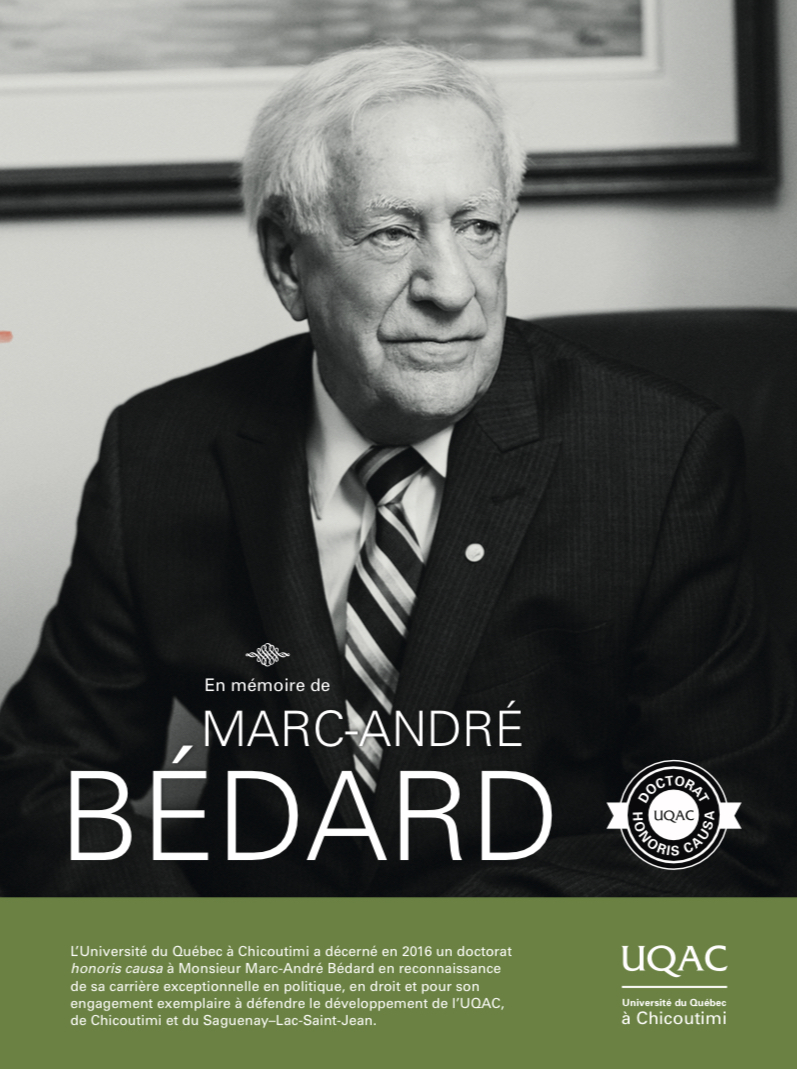Outrage: Mauritania, slavery’s last stronghold, to win top U.N. human rights post tomorrow

One day before the UN’s election of 14 nations to its highest human rights body, the Geneva-based non-governmental human rights group UN Watch is condemning the almost certain election of the Mauritanian regime ruled by General Mohamed Ould Ghazouani, the country’s former military chief.
(See UN Watch’s press release and full report on all candidates, including the joint NGO call — based on a detailed analysis of each country’s human rights and UN voting records — to reject the regimes of Iraq, Libya, Sudan and Venezuela.)
Because Mauritania is running on a clean slate — as one of four candidates for the same number of available seats in the African group — its election tomorrow by a vast majority of the 193 members of the UN General Assembly is virtually guaranteed.
UN Watch nevertheless is calling on all countries not to vote for Mauritania, which requires 97 affirmative votes to win. Regrettably, even for the worst abusers, most clean slate elections result in the candidate winning more than 180 votes.
« Electing slave-holding Mauritania as a UN judge on human rights is like making an arsonist into the town fire chief, » warned Hillel Neuer, executive director of UN Watch, who has led a social media campaign opposing Mauritania.
UN Watch has documented Mauritania’s gross human rights abuses here. An estimated 500,000 of Mauritania’s 3.4 million people are enslaved — in “real slavery,” according to the United Nations’ former special rapporteur on slavery, Gulnara Shahinian.
It wasn’t until 2007 that Mauritania criminalized the act of owning another person. As of 2012, only one case was successfully prosecuted. According to a CNN report, Mauritania is « slavery’s last stronghold. »
Last year, a major report in The Guardian documented « the unspeakable truth about slavery in Mauritania. »
Slavery has a long and tragic history in this north African desert nation. For centuries, Arabic-speaking Moors raided African villages, resulting in a rigid caste system that persists to this day, with darker-skinned inhabitants beholden to their lighter-skinned “masters”.
Slave status gets passed down from mother to child, and anti-slavery activists are jailed and tortured. Yet the regime denies that slavery exists in Mauritania, instead praising itself for supposedly eradicating the practice.
Quote from Biram Dah Abeid, former political prisoner, presidential candidate, and Mauritania’s leading anti-slavery activist:
« The Mauritanian government is not qualified to be a member of the UN Human Rights Council because pure slavery, racial discrimination, torture, trafficking in women and children, as well as impunity for state crimes persists there. Fundamental rights such as freedoms of assembly, association, expression and conscience are violated. The anti-slavery association IRA is forbidden, the RAG (Radical Party for a Global Action) is banned, and their demonstrations are violently and harshly repressed. »
UN Watch is a leading voice at the UN fighting slavery in Mauritania:
• UN Watch featured Biram Dah Abeid at its 2014 Geneva Summit for Human Rights, where he denounced Mauritania’s ‘slave code’.
• UN Watch featured Mauritanian dissident Abidine Merzough at its 2013 human rights panel event at the Vienna Diplomatic Academy, and at UN Watch’s 2013 Geneva Summit for Human Rights. A descendant of former slaves, Merzough devotes his life to the fight against slavery in his native country. In 2016, he was invited by UN Watch to address the UNHRC plenary.
• UN Watch’s Karoline Ronning testified in 2013 before the UNHRC on slavery in Mauritania.













